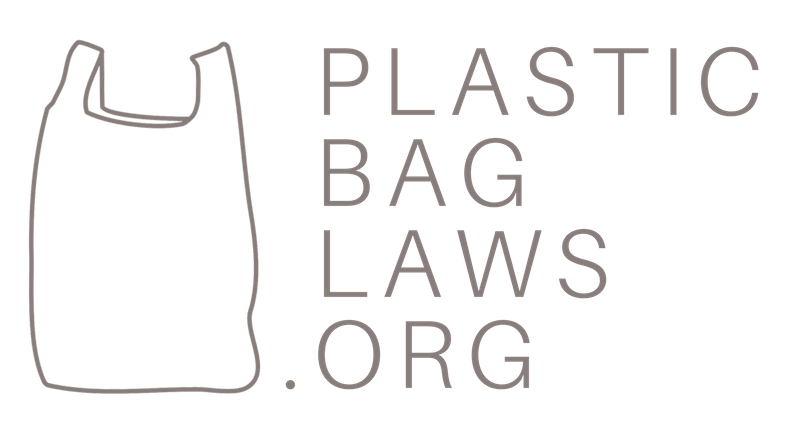Los Angeles County passes extensive plastic bag ban; American Chemistry Council threatens lawsuit
The Los Angeles County Board of Supervisors made history on Tuesday by approving a ban on plastic bags and a 10-cent surcharge on paper bags at every grocery store, pharmacy, and every convenience stores with a liquor license in unincorporated LA County. See the full story in the The Los Angeles Times here.
After extensive public comment from both sides, the ordinance was approved by a 3-1 vote with two amendments. The first amendment clarified language regarding standards for toxic materials in the definition of a reusable bag. The second amendment was a concession to plastic bag manufacturers - it did away with the machine-washability requirement for reusable bags by allowing that reusable bags be machine washable and/or capable of being cleaned and disinfected. The amended definition is significantly weaker and allows for thicker plastic bags like the Roplast bags discussed in The big question: What does "reusable bag" mean? to be given away for free.
At the hearing, the plastic bag industry representatives harped on recent "studies" regarding lead in reusable bags as a reason to delay the vote. Luckily, the Board saw past this ruse.
However, there is little doubt that the plastic bag industry will file a lawsuit to overturn the ordinance. The Save the Plastic Bag Coalition and/or the ACC will likely sue both under CEQA (claiming that EIR was inadequate) and Prop 26. SPBC would likely lose on both counts, but might succeed in delaying implementation of the ban. Currently, the ban is scheduled to take effect in July 2011.
This might be the first test case for Prop 26. Prop 26 amends the California Constitution to reclassify certain fees as "taxes," which need a 2/3 vote (by the legislature at the state level and by the voters for local initiatives).
The two reasons why Prop 65 does not apply to the ordinance are that 1.) the entire surcharge is retained by the retailer and 2.) the 10-cent surcharge does not exceed the reasonable cost of a recycled paper bag. Here is the applicable text of the law (emphasis added):
(e) As used in this article, "tax" means any levy, charge, or exaction of any kind imposed by a local government, except the following:
(1) A charge imposed for a specific benefit conferred or privilege granted directly to the payor that is not provided to those not charged, and which does not exceed the reasonable costs to the local government of conferring the benefit or granting the privilege.
(2) A charge imposed for a specific government service or product provided directly to the payor that is not provided to those not charged, and which does not exceed the reasonable costs to the local government of providing the service or product.
(3) A charge imposed for the reasonable regulatory costs to a local government for issuing licenses and permits, performing investigations, inspections, and audits, enforcing agricultural marketing orders, and the administrative enforcement and adjudication thereof.
(4) A charge imposed for entrance to or use of local government property, or the purchase, rental, or lease of local government property.
(5) A fine, penalty, or other monetary charge imposed by the judicial branch of government or a local government, as a result of a violation of law.
(6) A charge imposed as a condition of property development.
(7) Assessments and property-related fees imposed in accordance with the provisions of Article XIII D. The local government bears the burden of proving by a preponderance of the evidence that a levy, charge, or other exaction is not a tax, that the amount is no more than necessary to cover the reasonable costs of the governmental activity, and that the manner in which those costs are allocated to a payor bear a fair or reasonable relationship to the payor’s burdens on, or benefits received from, the governmental activity. charged, and which does not exceed the reasonable costs to the local government of providing the service or product.
The full text of Prop 26 is available here and the summary here.
